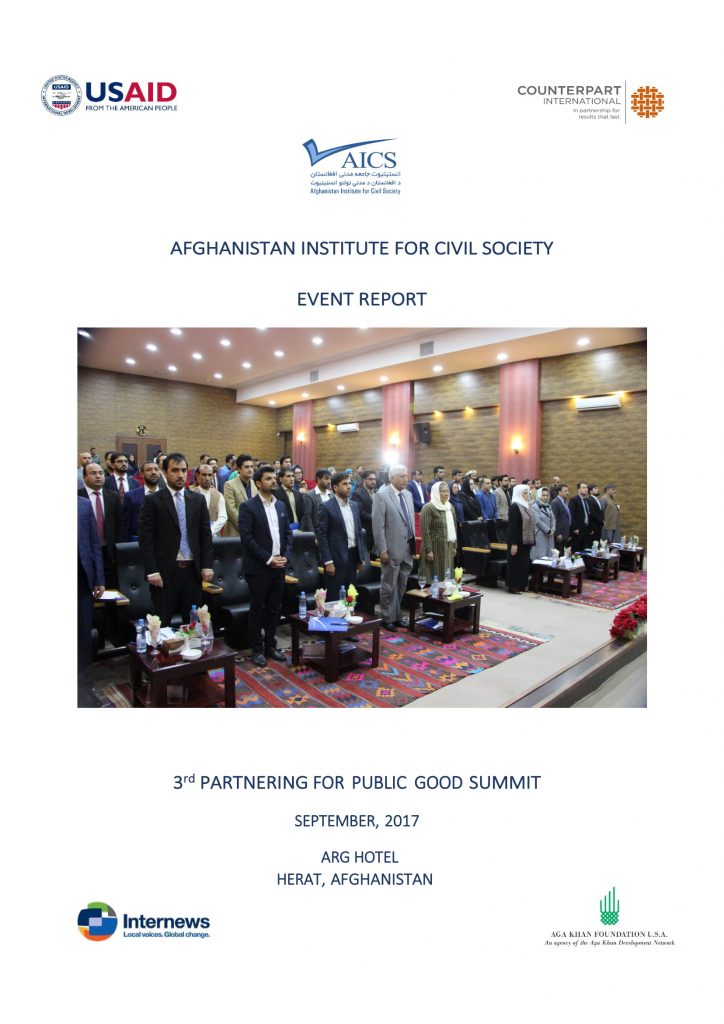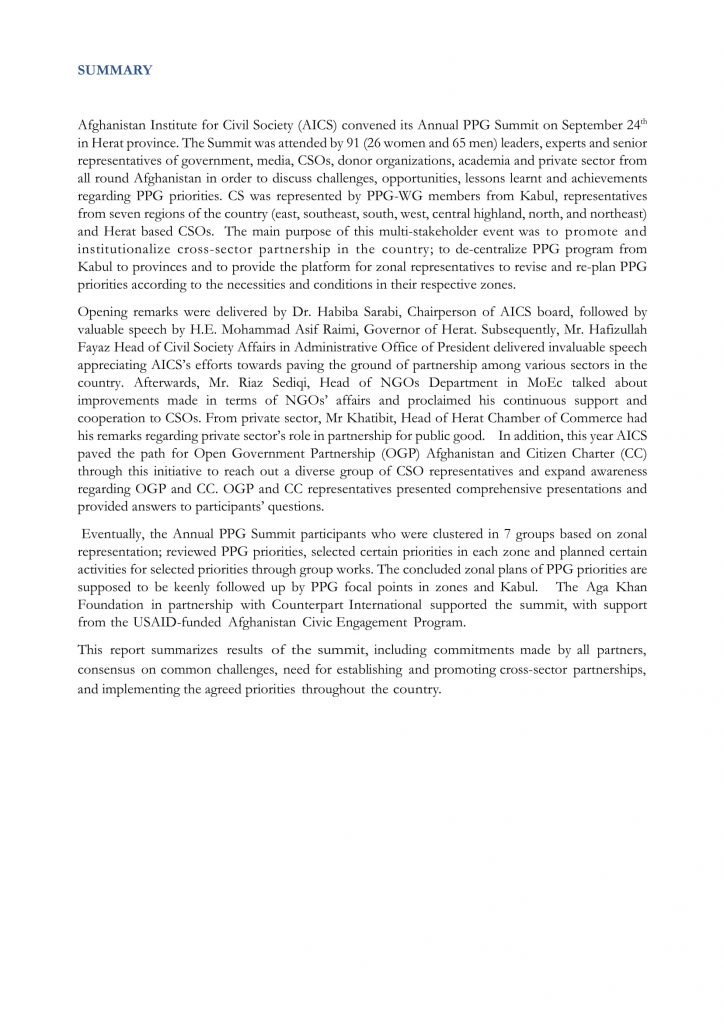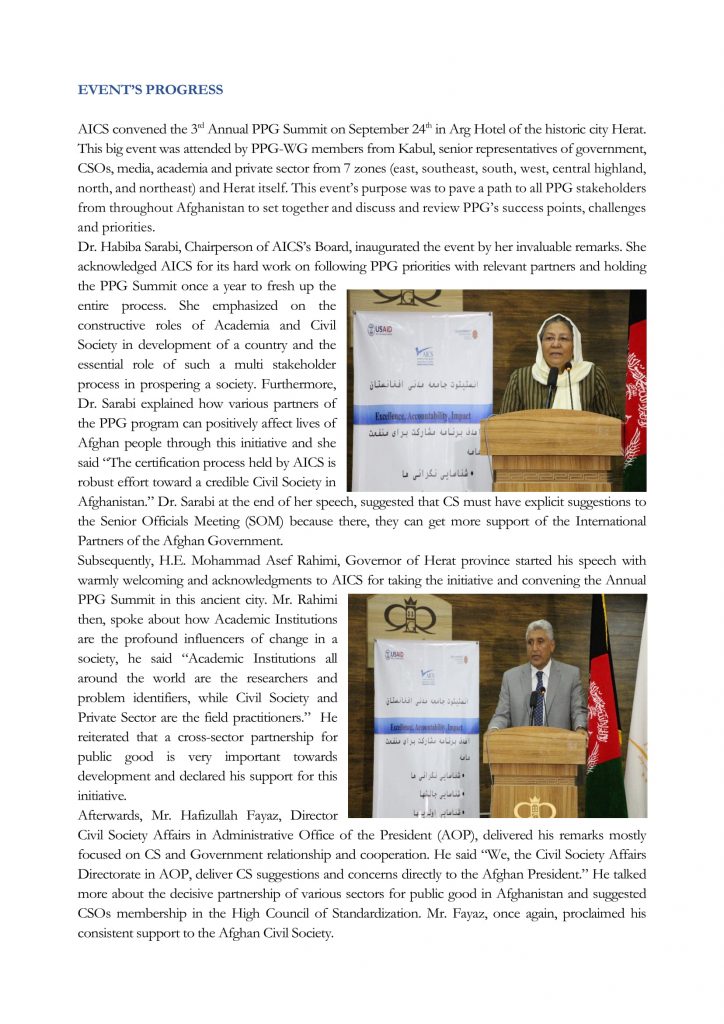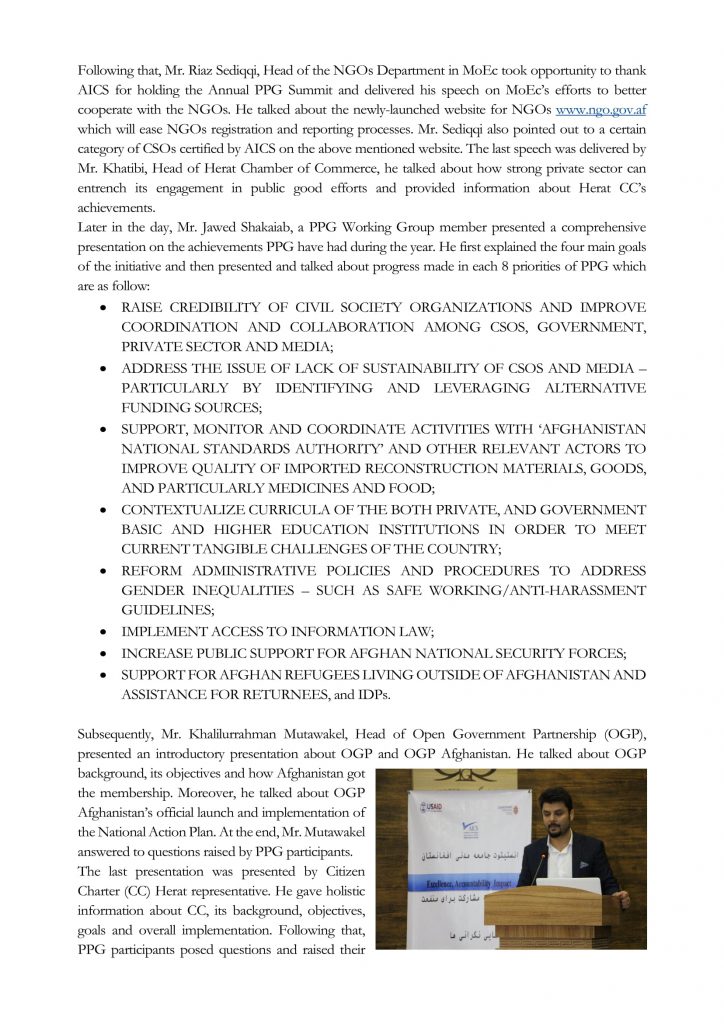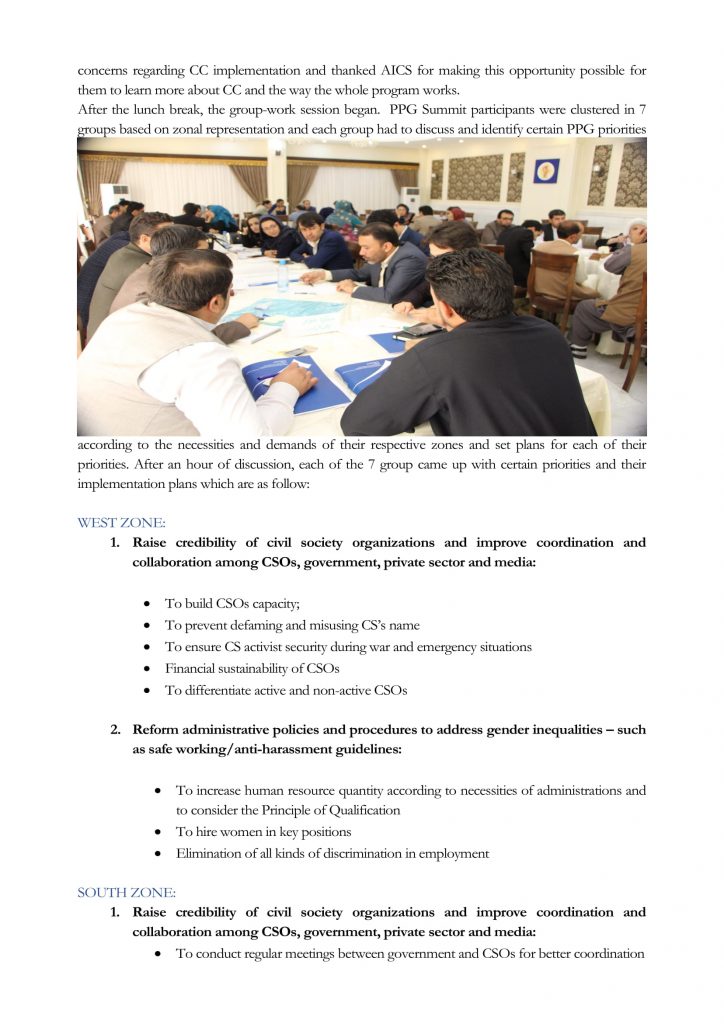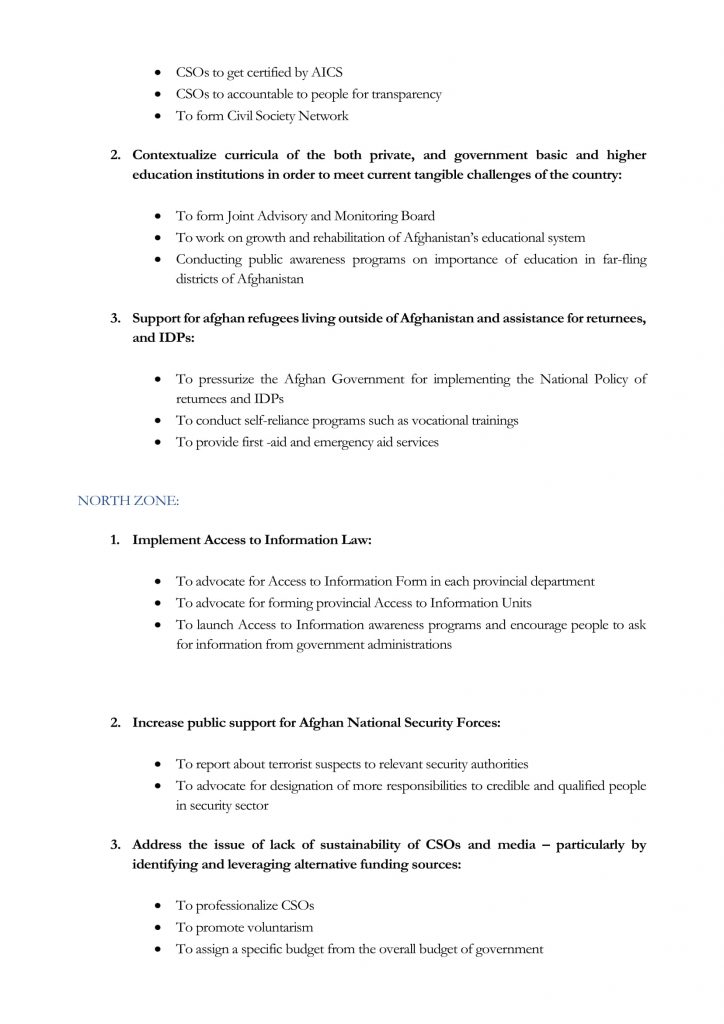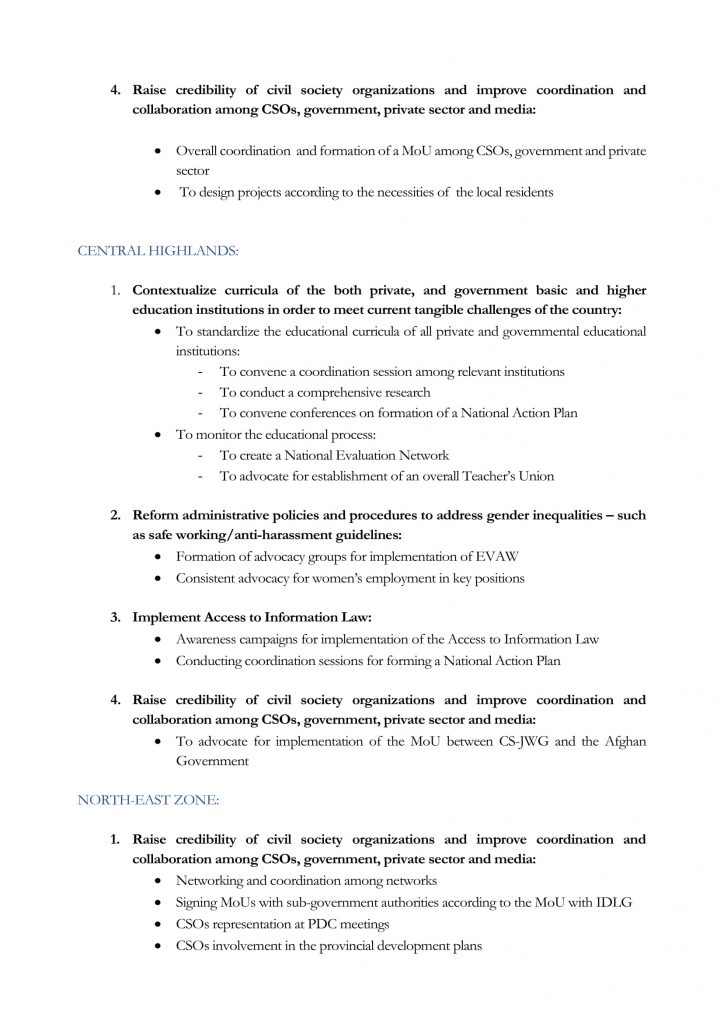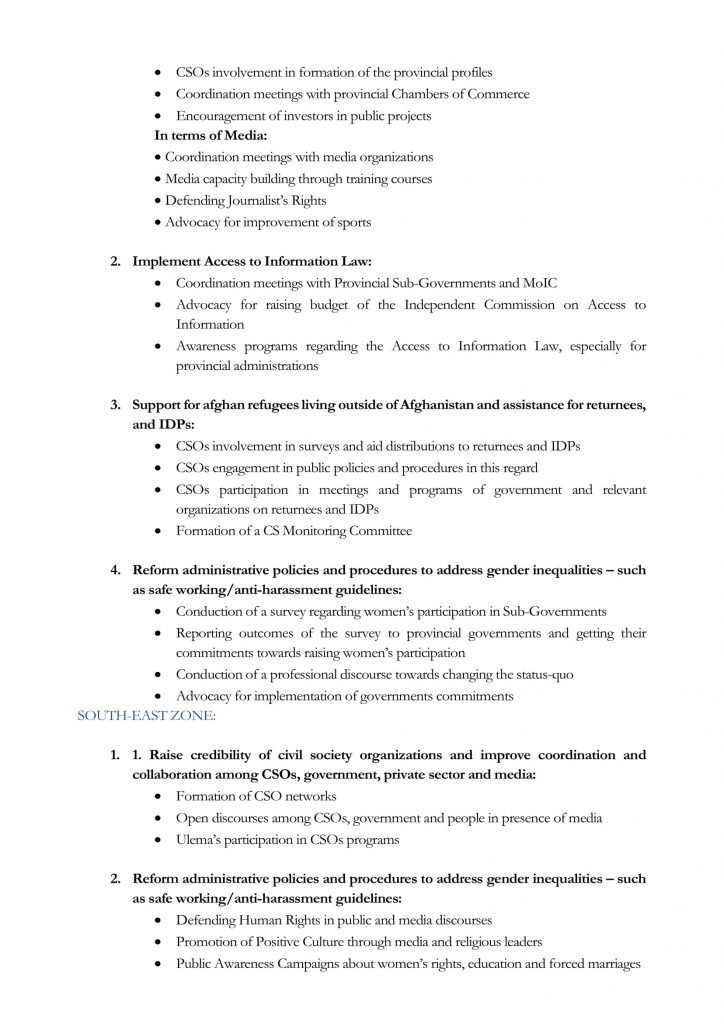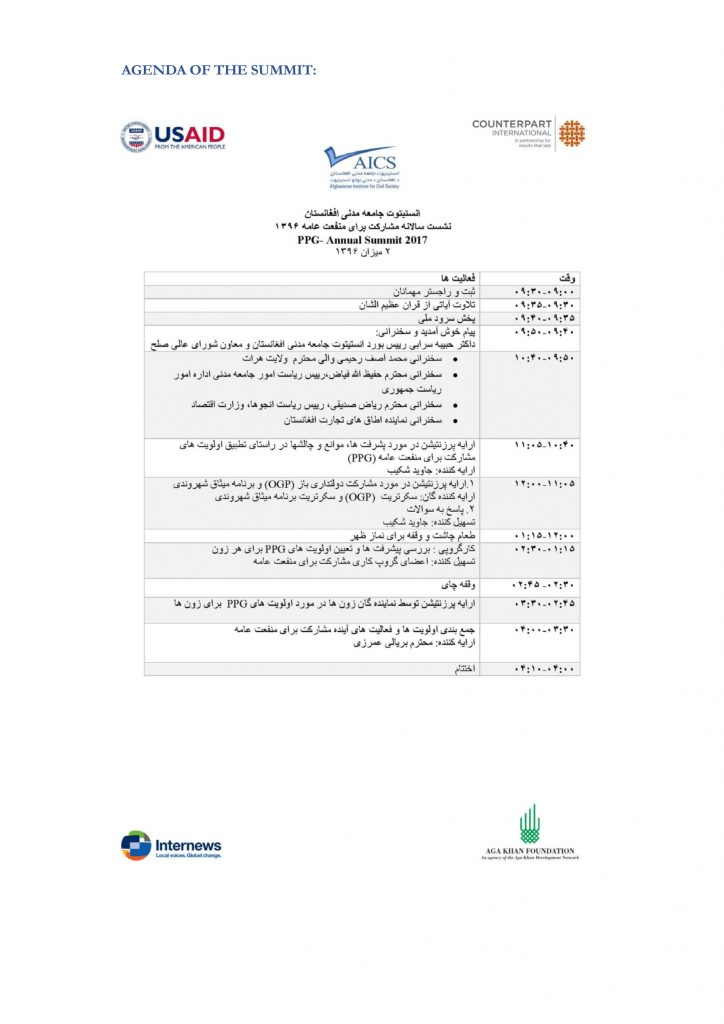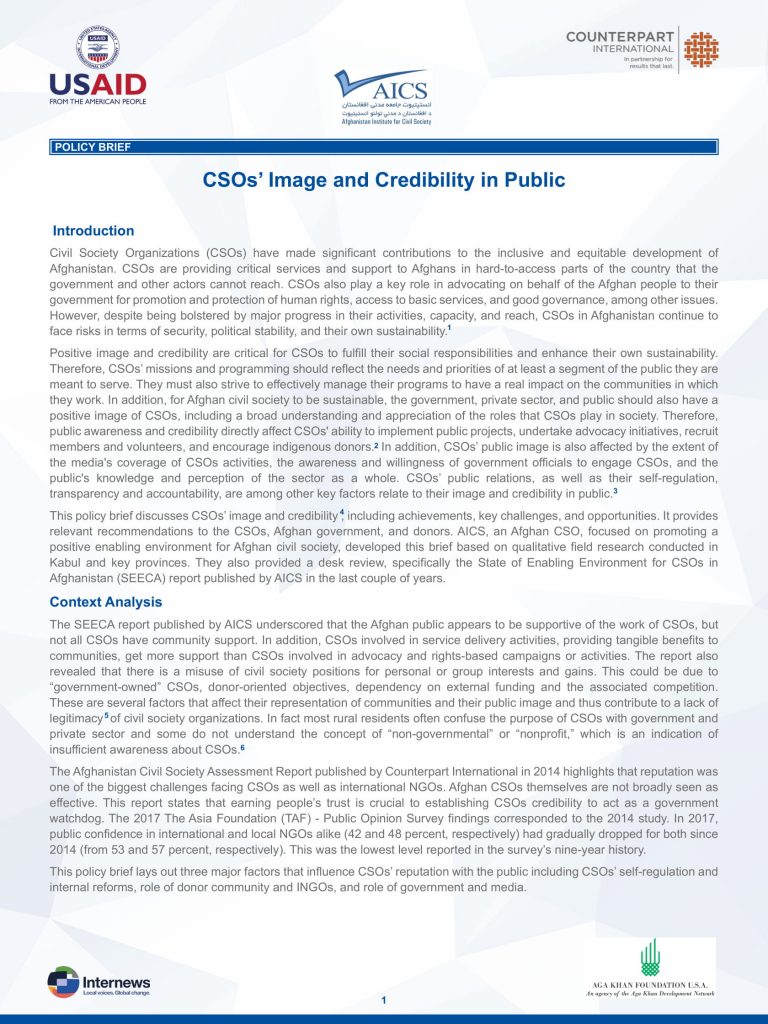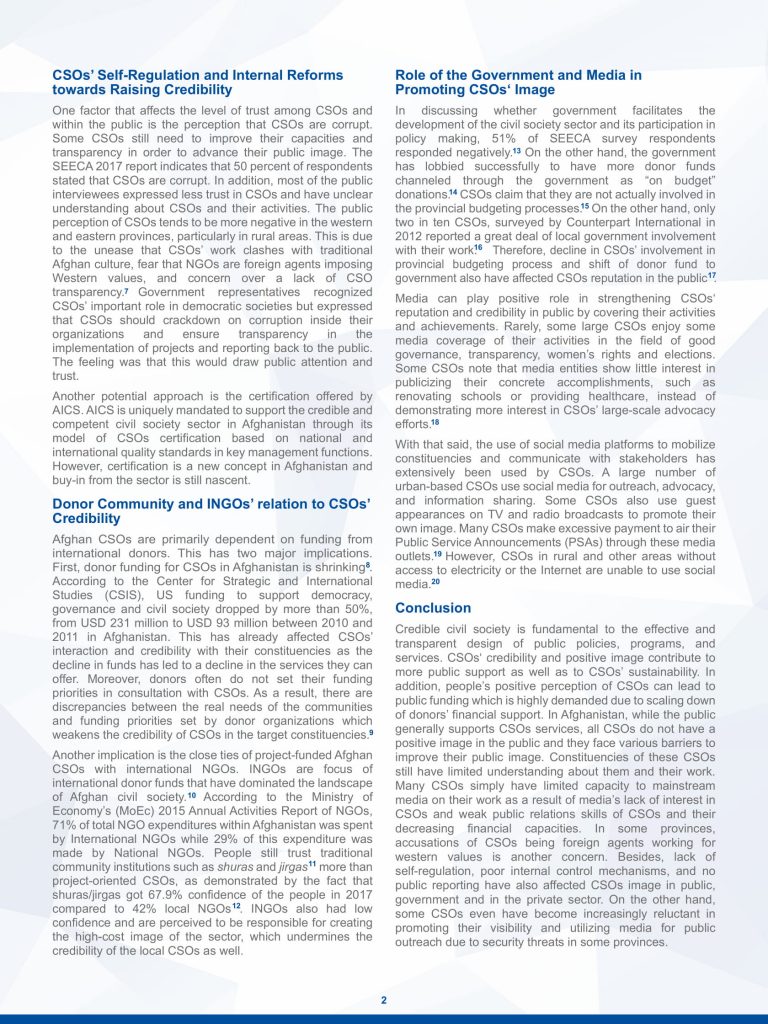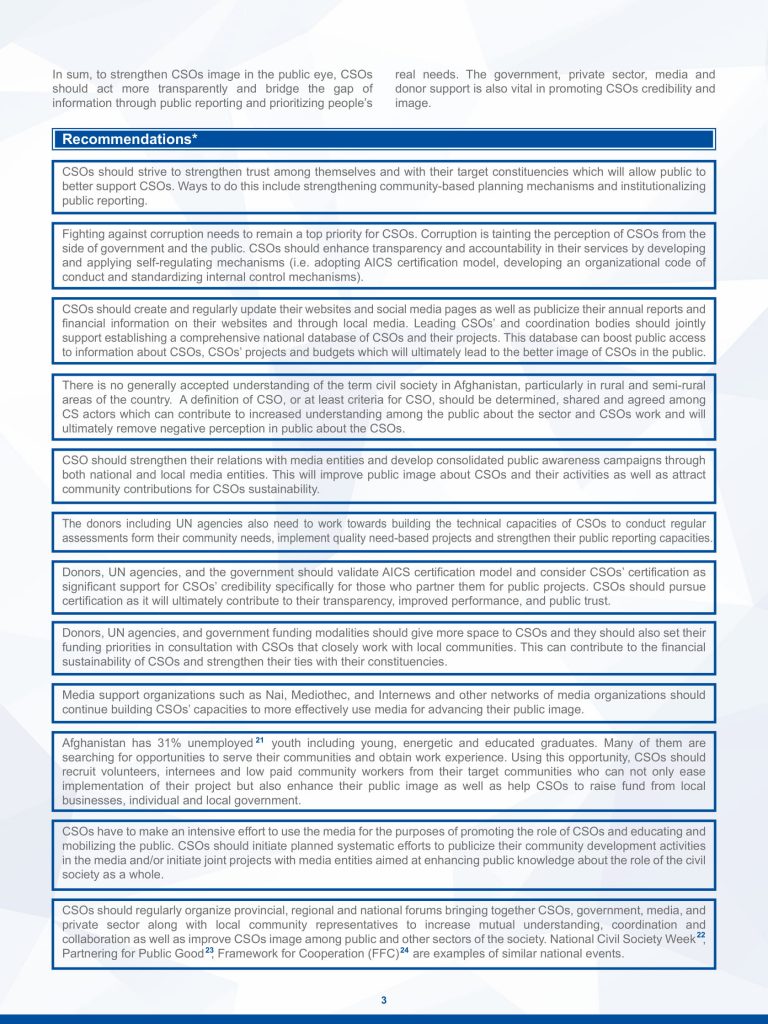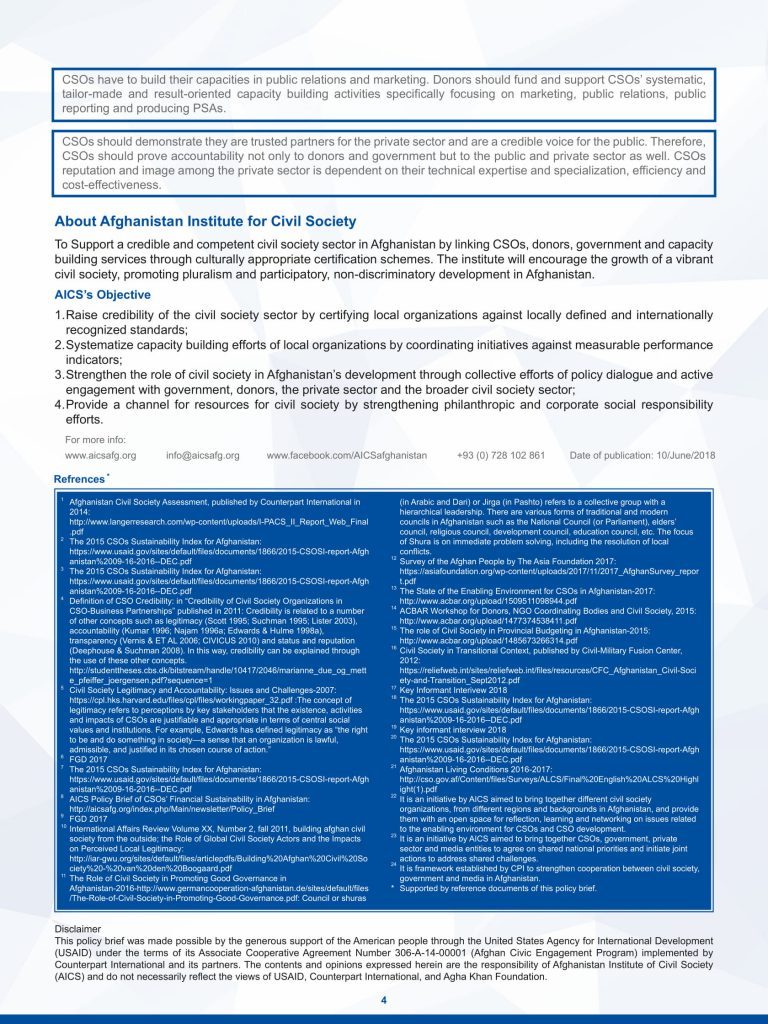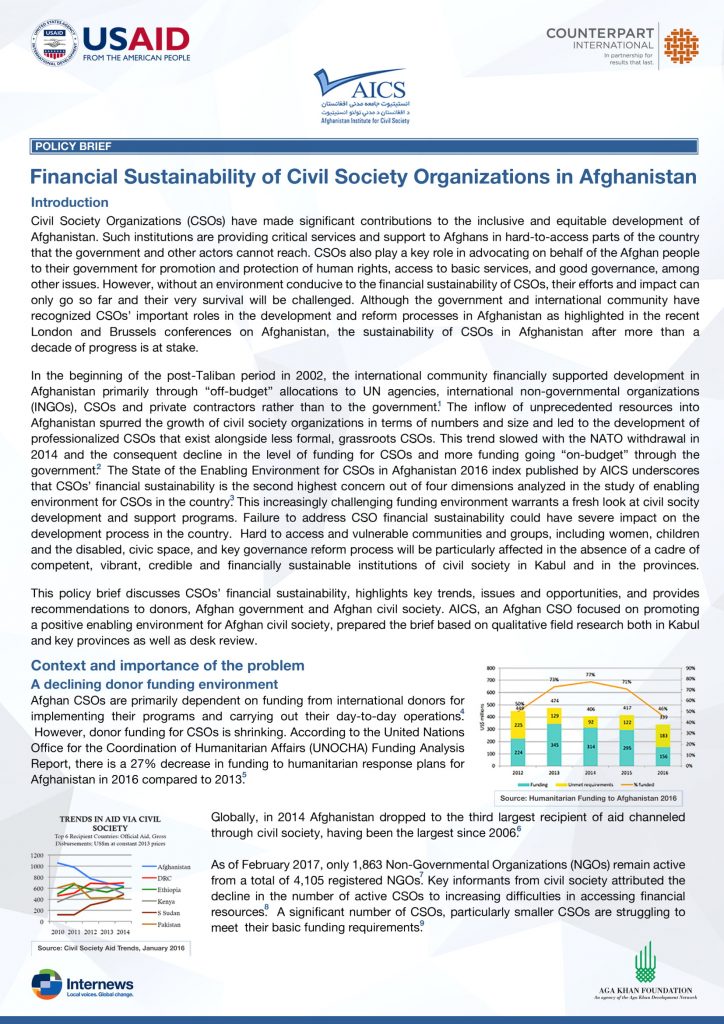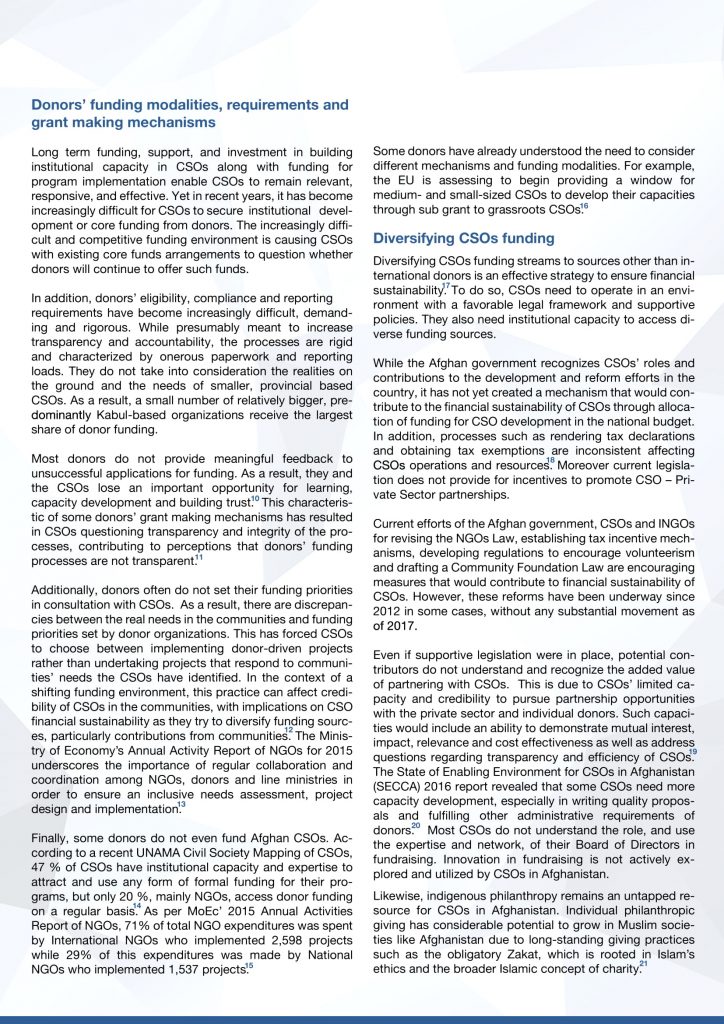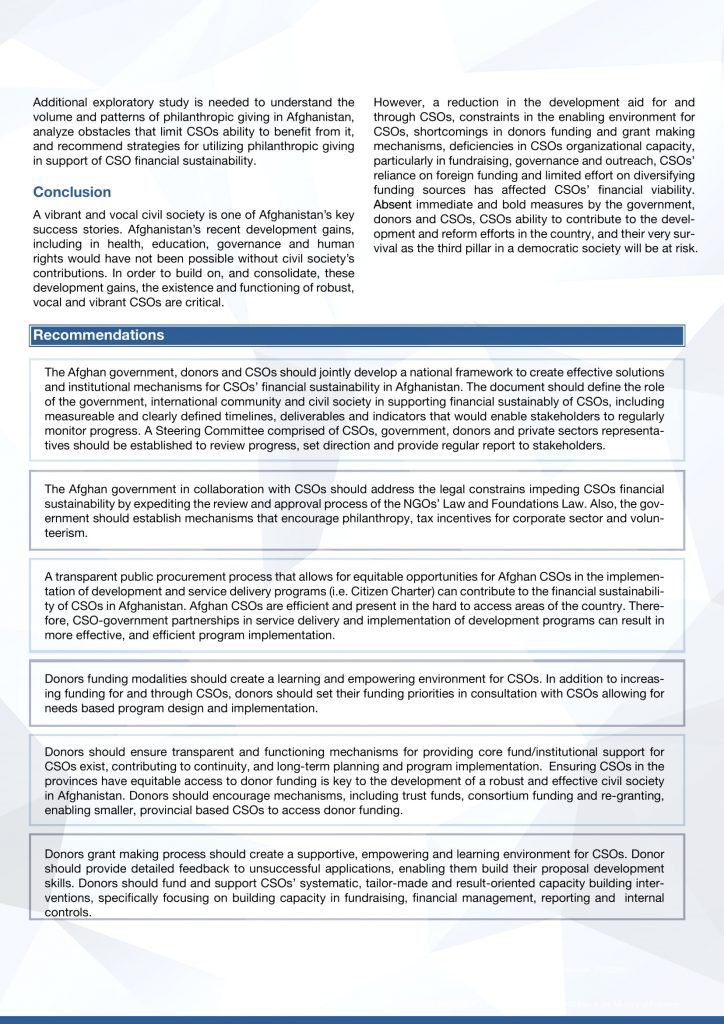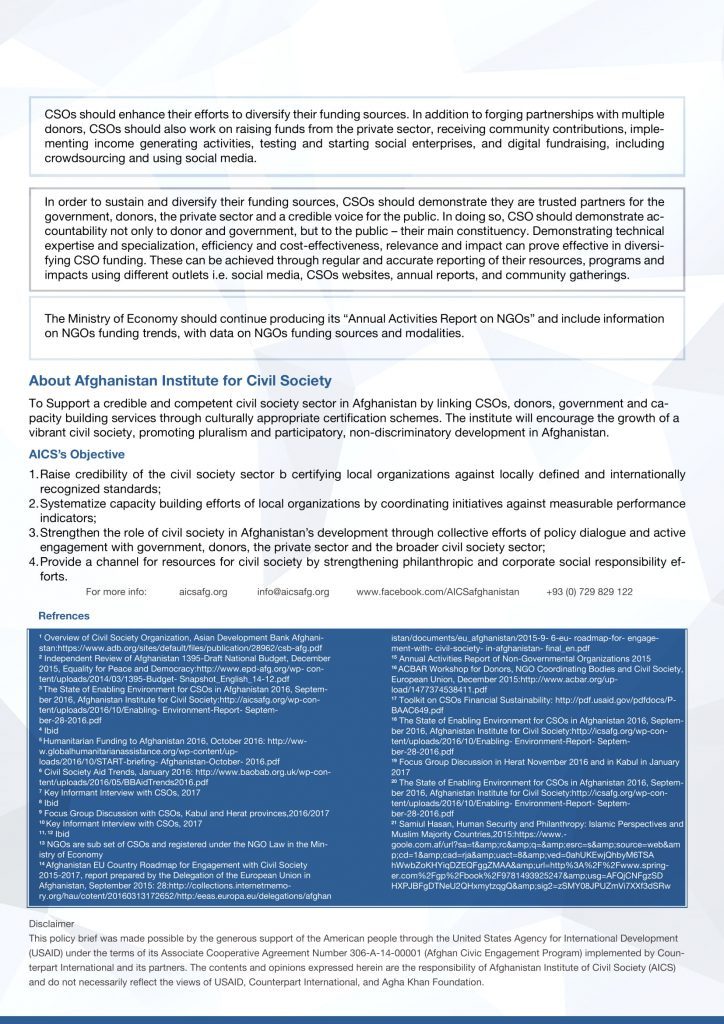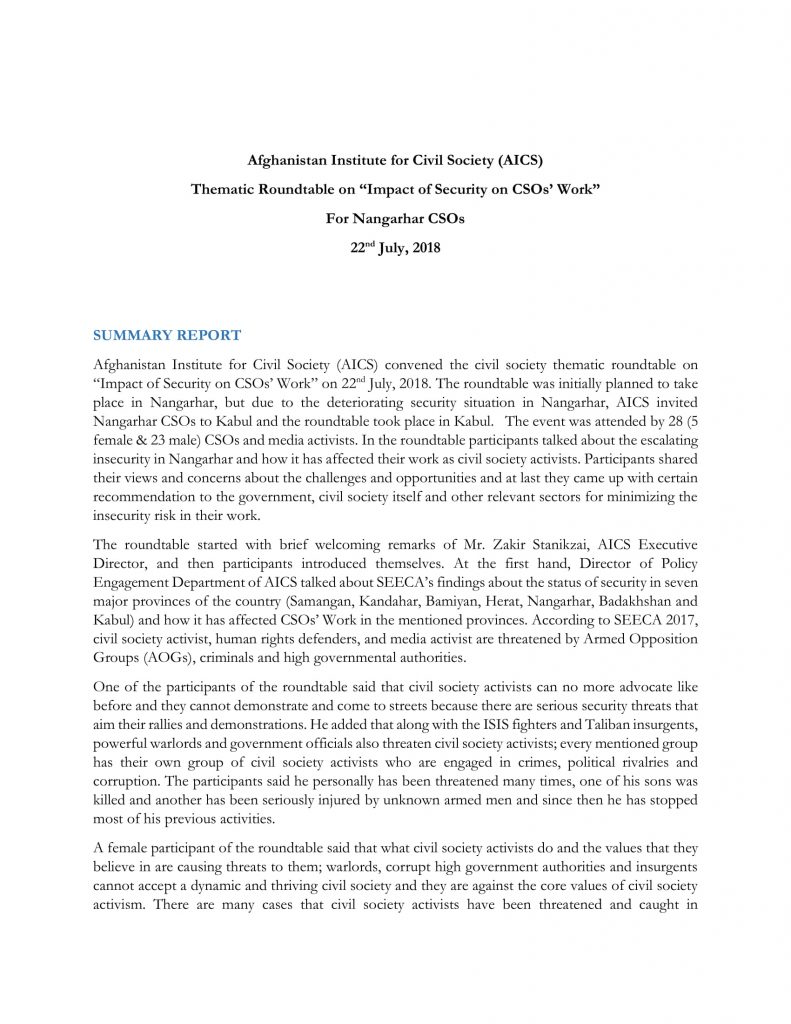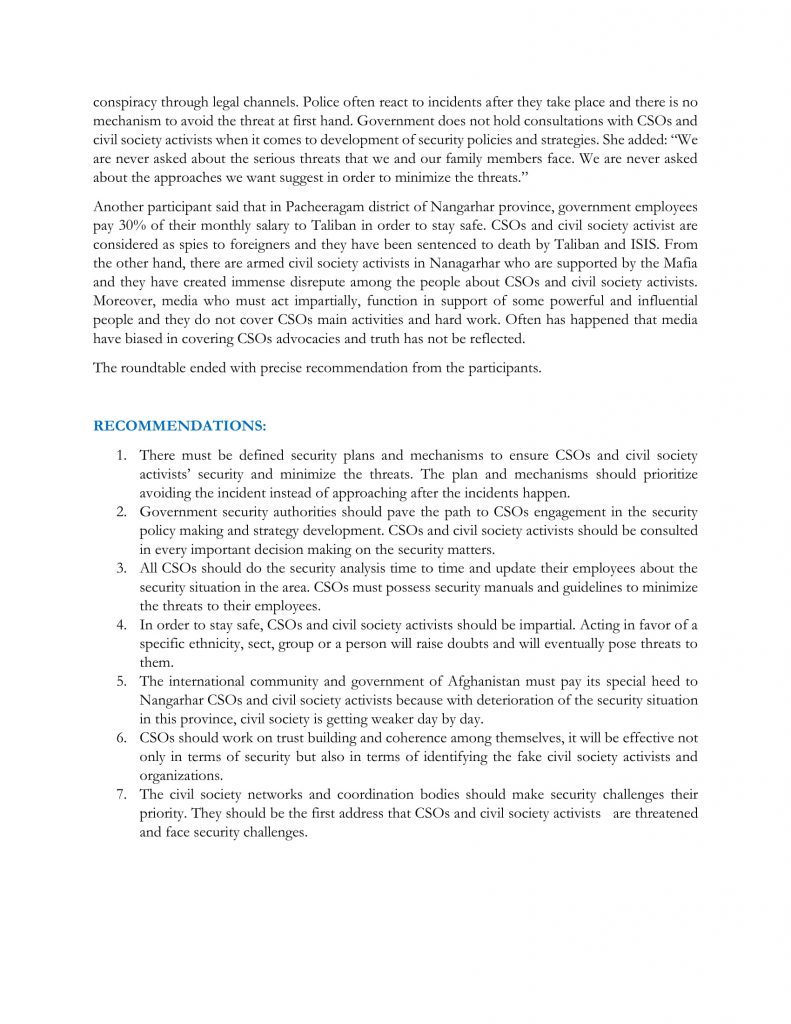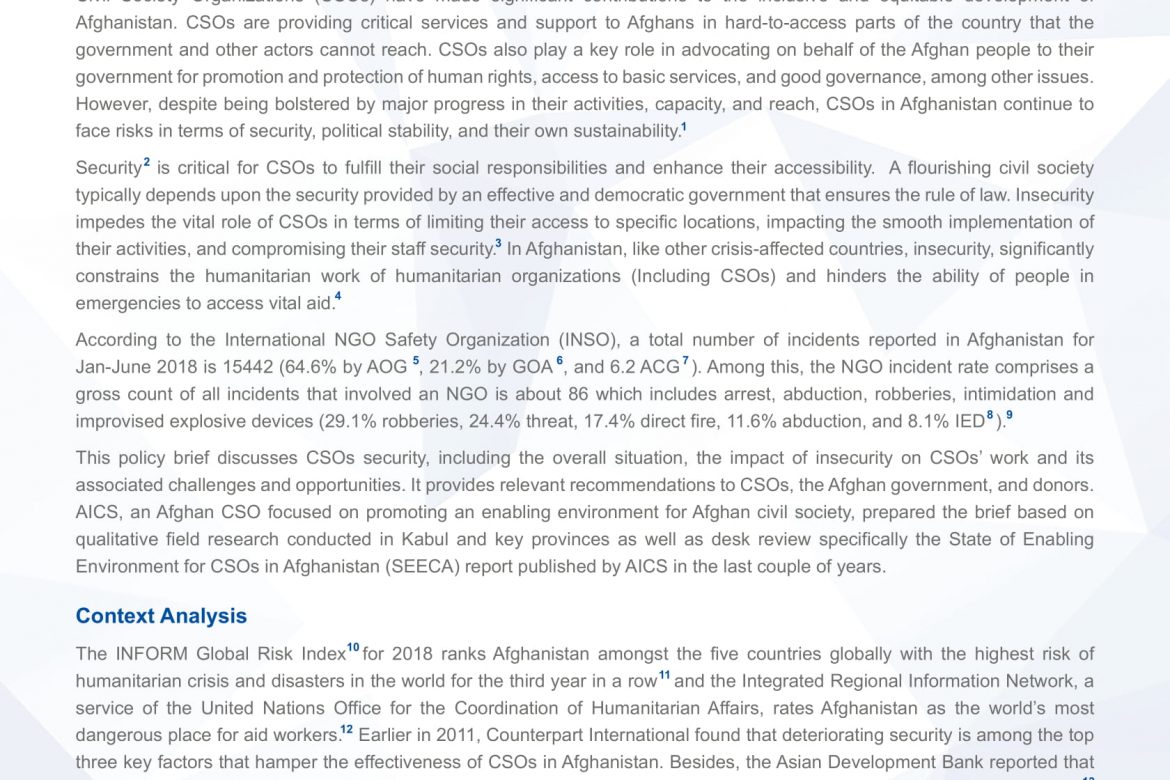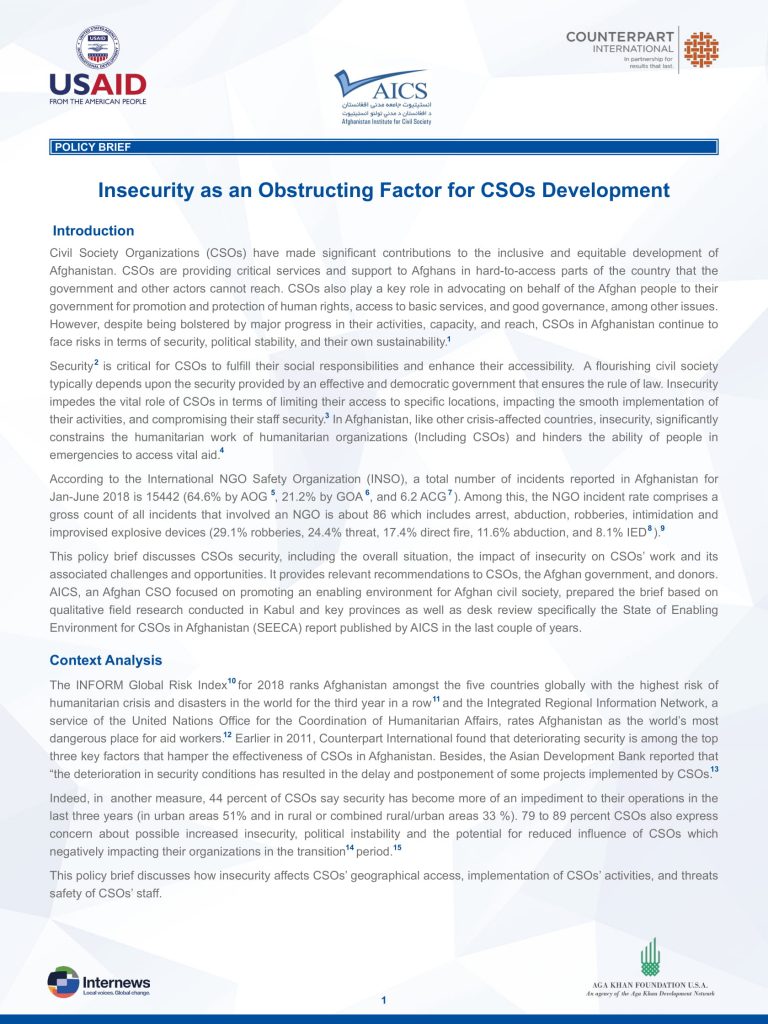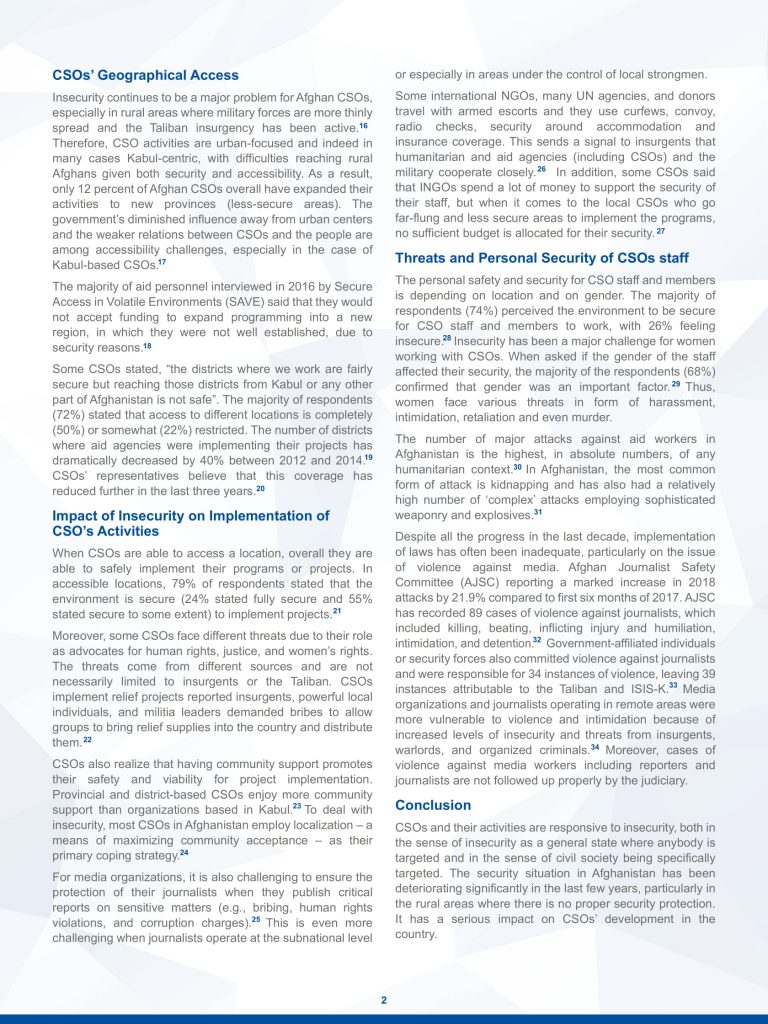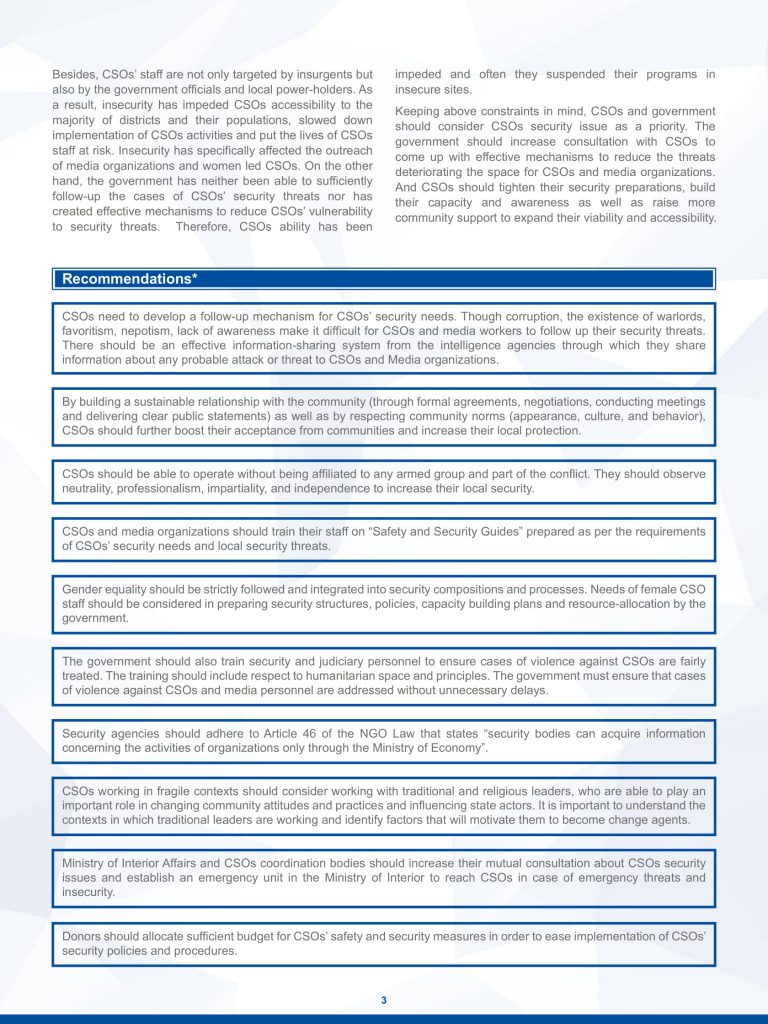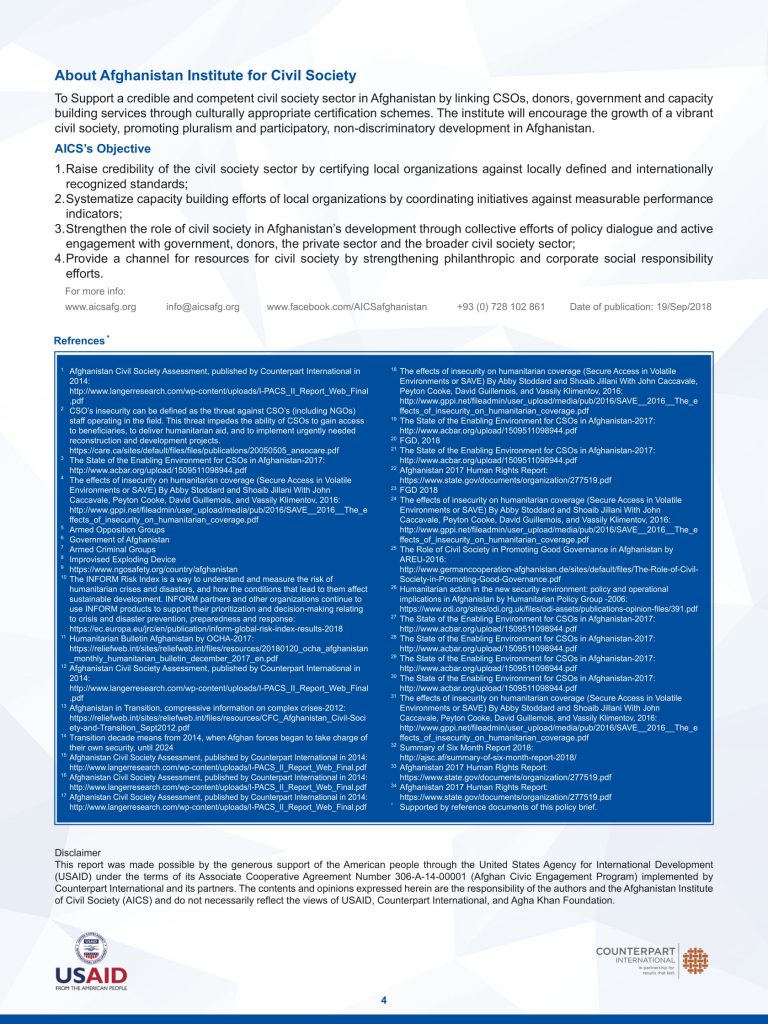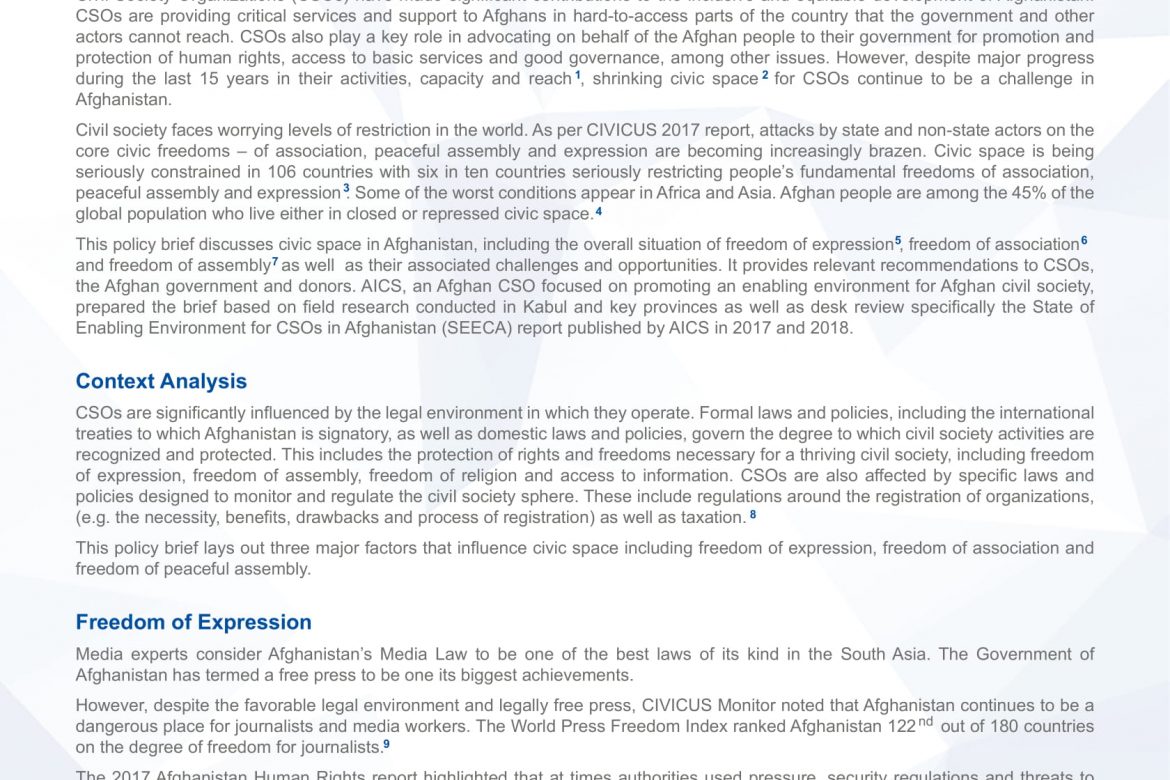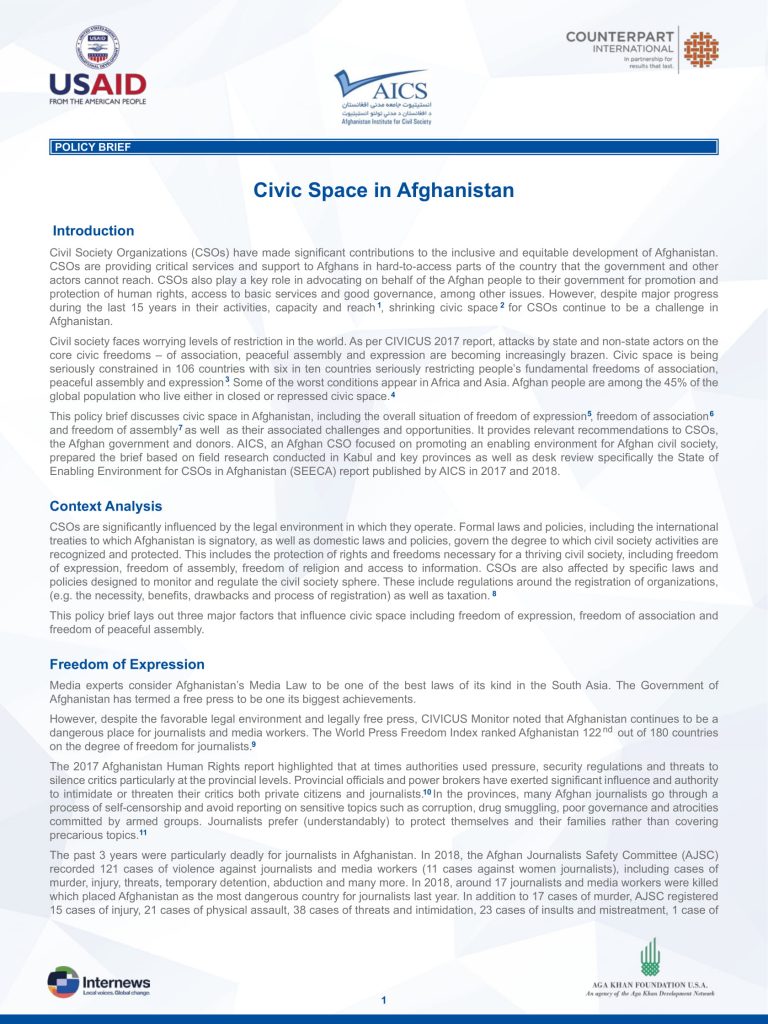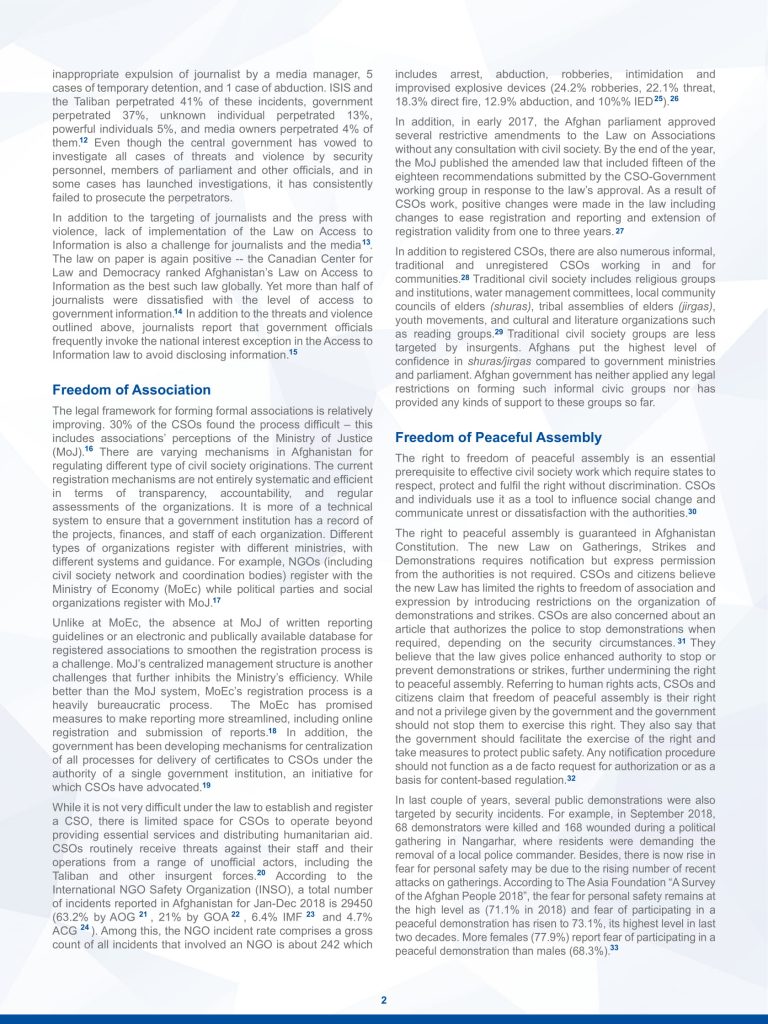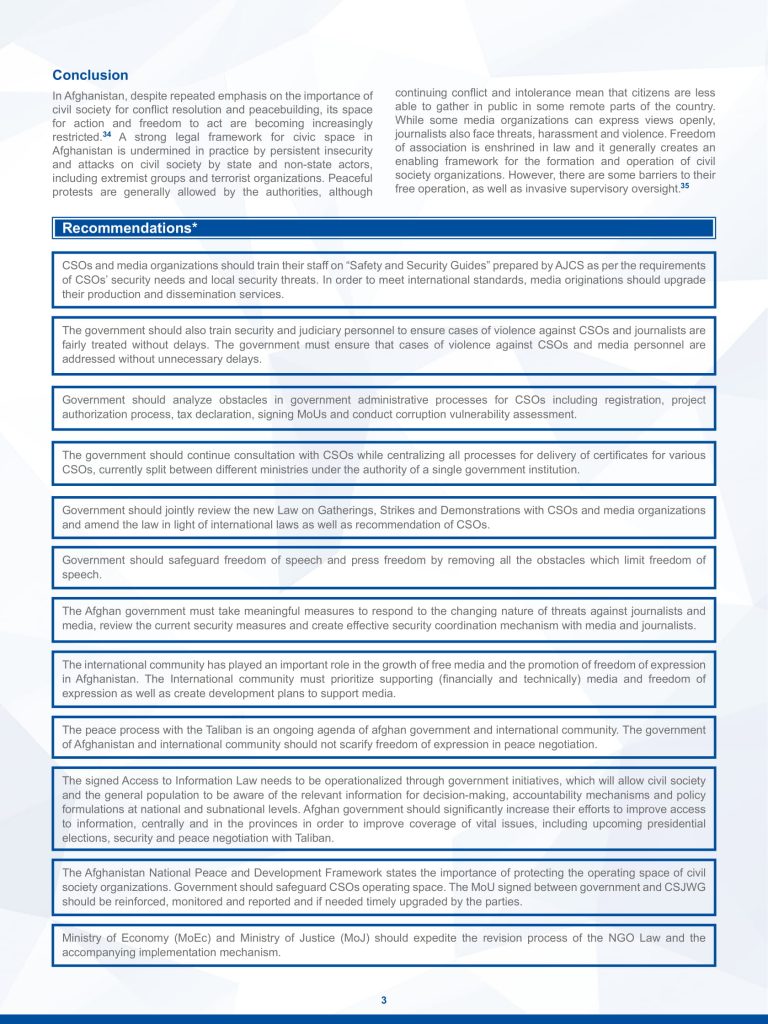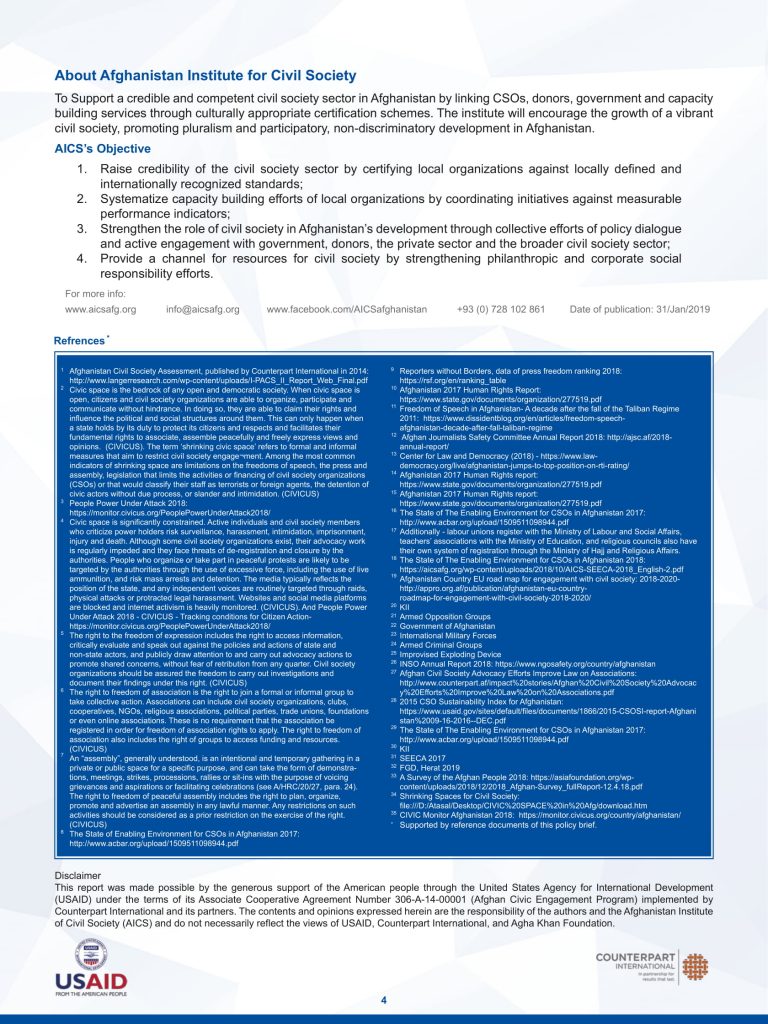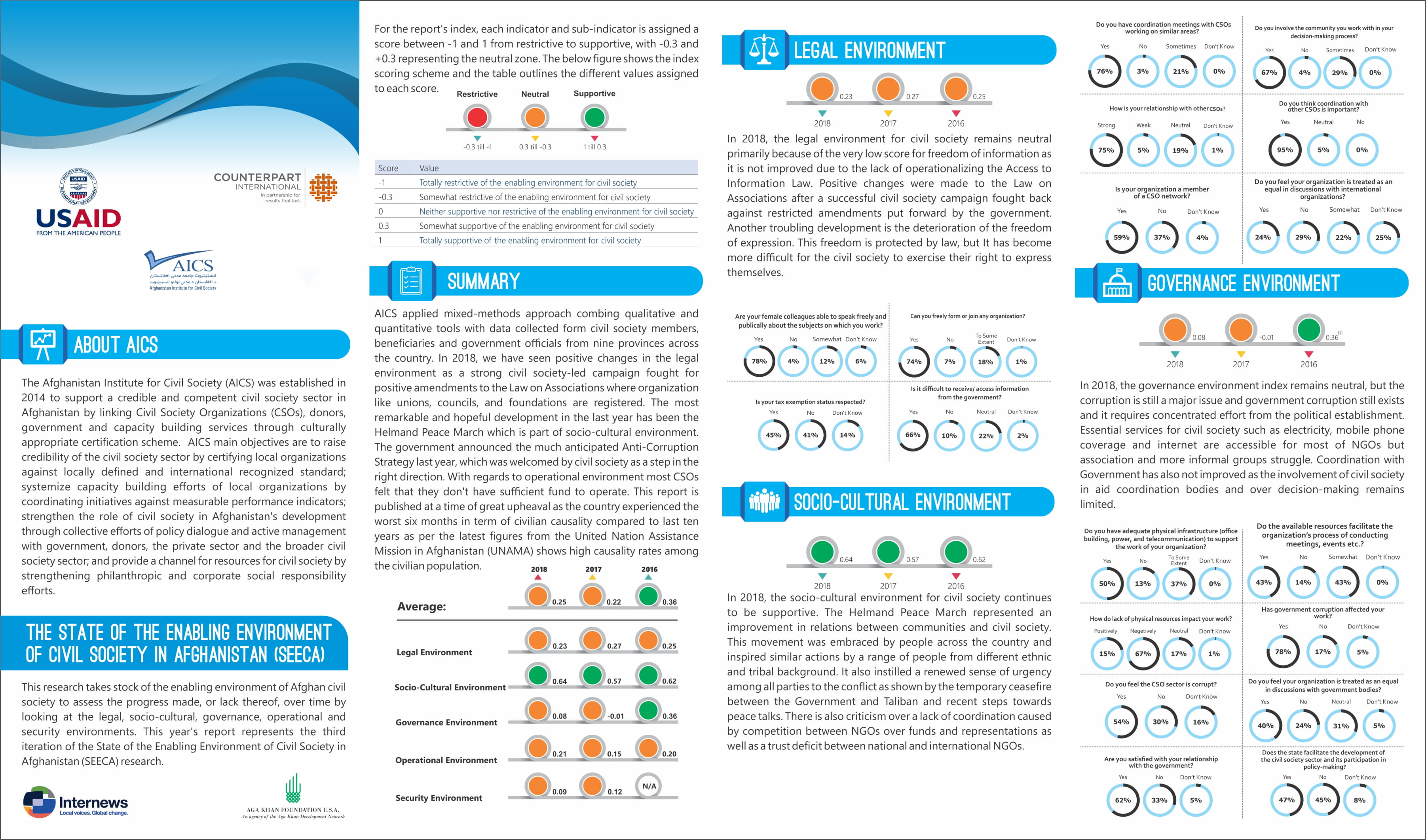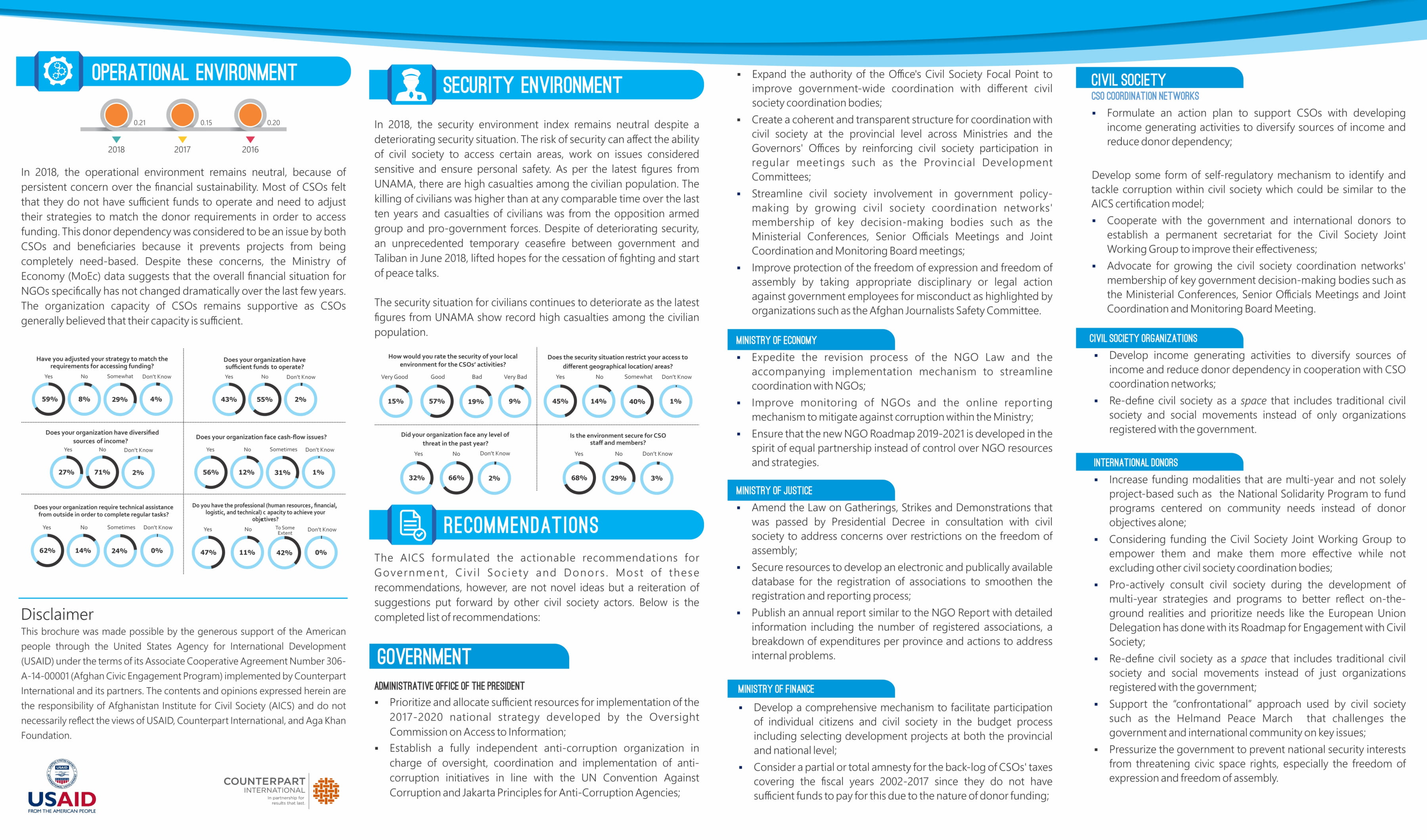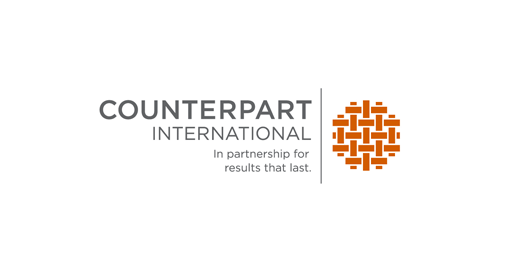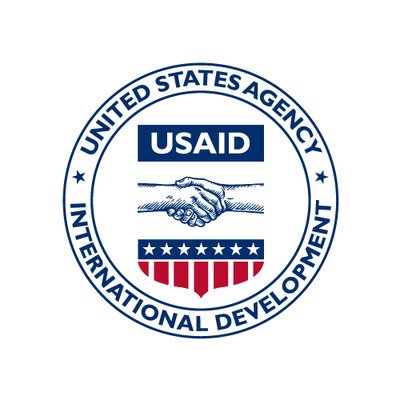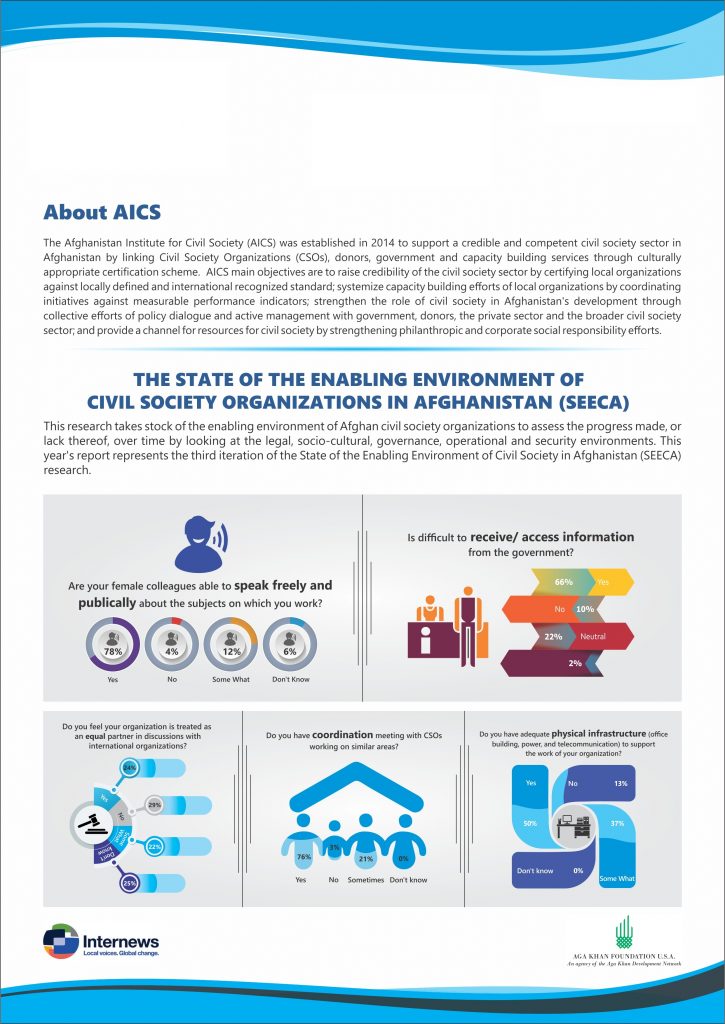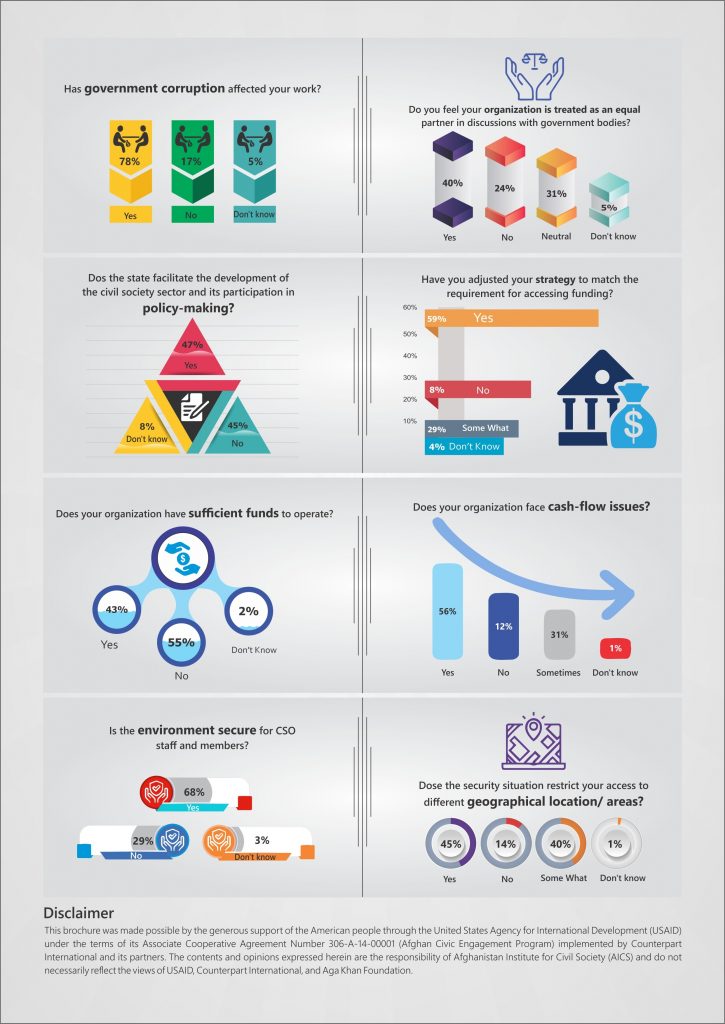Organization for Research and Community Development (ORCD) – Becoming a leading health organization in Afghanistan

Organization for Research and Community Development (ORCD) – a certi‐ fied CSO of AICS – has been making the difference in the lives of the local Afghan communities since its inception in 2011. Passing thought various phases of institutional history of over six years, the organization has imple‐ mented a variety of community development projects in field of education, health, rural development, women empowerment and agriculture.
Till 2016, ORCD operated in six major provinces i.e. Baghlan, Nangarhar, Ghazni, Paktika, Kunar, Laghman. The organization activities were mainly concentrated on building capacities of local communities through formal and informal trainings, generating and promoting evidence‐based best practices and implementing humanitarian and development projects on women empowerment, social integration, health and nutrition, refugees and rural development at the grass root level.
On the onset of 2016, ORCD had both technical and operational capacity of handling $ 2.6m dollars budget. However, with the AICS “seal of good house‐keeping” and credibility, the organization managed to secure a project on basic health services from World Bank during the 2016. Thereafter, with the financial support from UNOCHA, UNODC and UNWOMEN, the current financial portfolio has now been surged around four‐folds making it approximately $ 8.24m dollars which cumulatively serv‐ ing a population of over eight hundred thousand persons by expanding it services in ten provinces of Afghanistan.
ORCD achieved organizational excellence by establishing robust managerial functions and decentralizing operational components into specialized de‐ partments. Both finance and human resource departments have now been segregated with their assigned functions and with clear delineation of au‐ thority. ORCD’s human resources are now being managed using latest ap‐ proaches in human resource management. The department has institutionalized transparent recruitment processes, employee benefits, and other matters pertaining to employees’ satisfaction, professional de‐ velopment and growth.
AICS Newsletter July- September 2018



Afghanistan Institute for Civil Society conducted its second “Internal Exposure Visit” on September 4-6, 2018 in Kabul. This visit aimed to provide opportunity for non-certified/potential CSOs for AICS certification to discuss, exchange ideas and learn about CSOs potential structure covered by AICS certification model and other relevant issues. Representatives from Mashal-i-Hedayat Social Organization (Herat), Humanitarian Assistance Empowerment Organization (Nangarhar), Industrial and Social Services Organization (Takhar), Women and Youths for Peace and Development Organization (Kunduz), Cooperation for Social Improvement Organization (Baghlan), Afghan Landmine Survivors’ Organization (Kabul), Organization for Social Support for Women and Children (Baghlan), Organization for Better Tomorrow in Afghanistan (Bamyan), and Organization for Research and Skills Training for Women (Nangarhar) participated in this visit. On the first day, the objectives of this visit was shared with the participants. Then the representative of ACSFo facilitated a session about “Internal Governance and Strategic Planning”. Also, AICS representative had a presentation about “CSOs’ Capacity Needs”. Furthermore, representative of ORCD facilitated a session on “Human Resource Management”. On the second day of this visit, a session on “Project Management and Program Delivery” was facilitated by representative of AREP. Additionally, representative of CoAR had a presentation about “Financial Management”. On the last day of the event, representative of AWN facilitated a session on “External Relations, Communication and Outreach”.
Impact of Insecurity on CSOs Work
On July 22, 2018, Policy Department of AICS conducted a round-table on “Impact of insecurity on CSOs Work” in Kabul. Civil society activists from Nangarhar, Herat, Paktia, Takhar, Daykundi and Zabul discussed different types of insecurity impacts in their respective provinces. They shared different experiences on how insecurity had caused problems in implementation of their projects and service delivery in the provinces. Additionally, they proposed some ways to have better implementation of their projects even within the insecurity in their communities.

Innovative Funding Workshop
As the Secretariat host for Innovation for Change, South Asia Hub, AICS co-organized the second training on Innovative Funding in partnership with the Social Enterprise Academy in Kuala Lumpur, Malaysia. On July 11-13, 2018, this training supported CSOs’ transition from donor-dependency to a social enterprise model in effort to create sustainable social impact at their organization. Throughout this training, the participants learned different aspects of social enterprise. They learned key concepts of social enterprise. Also, they were able to design a social mission for their enterprise. Furthermore, the participants applied graphic learning to understand the various business models that social enterprises use. The participants presented different business models such as fee-for-service model, a low-income client model, market intermediary models, market linkage models, service subsidization models and organization support models. Creating awareness of what is a Social Enterprise, training individuals to develop specific skills and acumen needed to start their social enterprise journey and increasing confidence in participants to pursue their very own social enterprise idea or incorporate social enterprise practices in their existing organization/enterprise were the three achieved goals of this training.

Youth Space South Asia – Arts Lab for Social Change
On September 10-12, 2018, Afghanistan Institute for Civil Society, as host for the Secretariat of Innovation for Change, South Asia Hub, co-organized a three-day Youth Space. This event brought together 35 youth leaders from Afghanistan, Bangladesh, Bhutan, India, Maldives, Nepal, and Pakistan. Additionally, 10 youth activists represented Sri Lanka in this event. Facilitated by Art Lords from Afghanistan, the first day of the event focused on how graffiti could inspire discussion and enrage public opinion for positive social changes. In the second day, Sofia Ashraf, a well-known Indian rapper, facilitated the program. Youth activists experienced how music, specifically hip-hop, could be innovatively utilized to evoke powerful social messages and garner public attention. On the last day of the event, the focus was on Street Theatre for Social Change and how youth activists could use their body as political provocateur to raise awareness for their advocacy efforts. Youth activists went through various theatrical exercises and push the boundaries of street theatre beyond entertainment and how to use public space ‘the street’ to transfer social messages. For many youth activists that joined the Youth Space, it was the first time they had left their town, let alone leaving the country to meet 45 other youth leaders and artists in South Asia going through similar challenges. Youth leaders in South Asia went home with a more innovative and creative force for expression and are involved in a new network of young ‘activists’ in the region that are working towards social change in difficult work environments.



